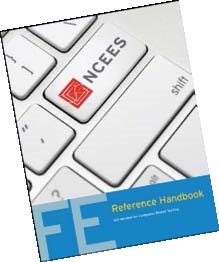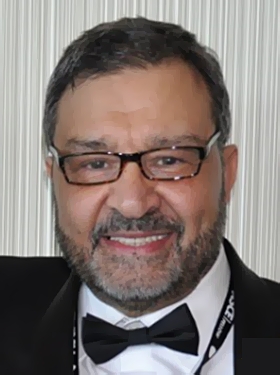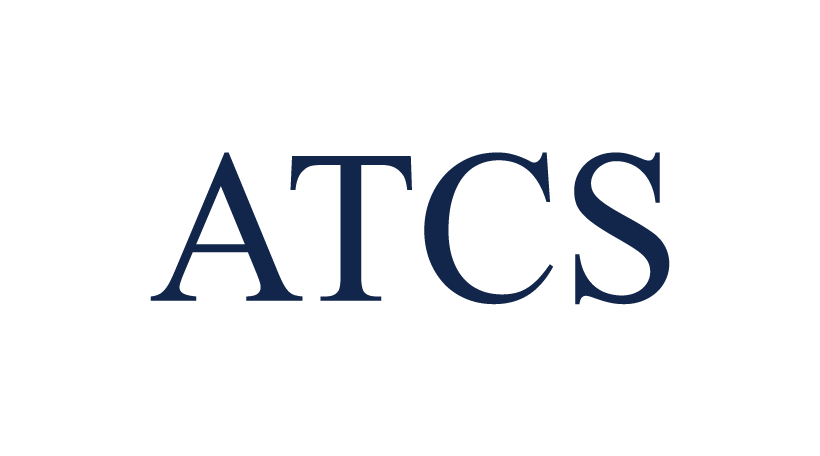P.S. Stands for Professional Licensed Surveyor: Let’s Talk about Surveying Licensure, Part-I

First, to make some of our readers smile, let me start my note with good news on exam charges for Fundamentals of Engineering (FE) and Fundamentals of Surveying (FS). Yes, it is official; beginning January 2018 the price for the (FE) and (FS) exams will be just $175 instead of current $225.
In this issue of Dr Z’s Corner, we will be answering some of our readers’ questions regarding the requirements for becoming a Professional Licensed Surveyor (PS). When it comes to buying or selling property, making exact measurements and determining property boundaries, providing data relevant to the shape, contour, location, elevation, or dimension of land or land features on or near the earth’s surface for engineering, mapmaking, mining, land evaluation, construction, and other purposes, like driving down a highway or walking a public trail, Professional Surveyors (PS) are charged with protecting the health, safety, and welfare of the public.
In the United States every state and territory requires those who perform the tasks defined as the “Practice of Surveying” to hold a professional surveying license and surveyors are licensed at the state level by professional licensing boards. Surveying boards confer the PS license when licensure candidates meet a combination of requirements in education, experience, and exams; sometimes referred to as EEE requirements.
Education
Complete the appropriate level of education in your state. Check the requirements of your state licensing board. Some require only a high school diploma, while many others require a degree from an accredited four-year surveying program.
Exams
Licensure candidates typically must pass the Fundamentals of Surveying (FS) exam, the Principals and Practice of Surveying (PS) exam, and a state-specific exam.
Experience
Most states require four years of acceptable, progressive, and verifiable work experience under the supervision of a licensed surveyor.
Before registering for an upcoming NCEES’ (National Council of Examiners for Engineering and Surveying) surveying exam, a candidate for PS should review and understand his/her state’s approval and registration process. This can easily be done by referring to NCEES site and selecting the state or territory of interest from the map with a drop-down list.
According to NCEES, the FS and PS exams are administered via computer-based testing and the registration is open year-round. In order to register for your FS and PS exams, it is necessary to contact your state licensing board directly for information about state-specific surveying exams.
Similar to FE and PE exams, NCEES develops and scores the FS and PS exams for surveying licensure as well. The FS exam is generally your first step in the process to becoming a professional licensed surveyor (P.S.). It is designed for recent graduates and students who are close to finishing an undergraduate surveying degree from an EAC/ABET accredited program. The PS exam tests your ability to practice the surveying profession competently. It is designed for surveyors who have gained at least four years of professional experience.
Fundamentals of Surveying (FS) Exam Specifications for Computer Based Test (CBT)
The FS exam is a computer-based test (CBT). It is closed book with an electronic reference. Examinees have 6 hours to complete the FS exam, which contains 110 multiple-choice questions. It is important to know that the FS exam uses only the US Customary System (USCS) of units.
Topics & Number of Questions:
1. Mathematics: (about 13–20 questions) Topics include: Algebra, trigonometry, basic geometry, spherical trigonometry, linear algebra and matrix theory, analytic geometry and calculus.
2. Basic Sciences: (about 5–8 questions) Topics include: Geology, dendrology, cartography and environmental sciences,
3. Spatial Data Acquisition and Reduction (about 6–9 questions) Topics include: Vertical measurement, distance measurement, angle measurement, unit conversions, redundancy, knowledge and utilization of instruments and methods, and understanding of historical methods & instruments.
4. Survey Computations and Computer Applications (about 19–29 questions) Topics include: Coordinate geometry, traverse closure and adjustment, area, volume, horizontal curves, vertical curves, spirals and spreadsheets
5. Statistics and Adjustments (about 6–9 questions) Topics include: Mean, median, mode, variance, standard deviation, Error analysis, least squares adjustment, measurement and positional tolerance, relative, network, and positional accuracy.
6. Geodesy (about 5–8 questions) Topics include: Basic theory, satellite positioning, gravity, coordinate systems, datums, and map projections
There are seven more categories – total 13 categories – and we’ll continue in the next month’s issue, January 2016.
And finally, I would also like to include a statistic from NCEES. During January through June of 2016, total 363 examinees took the FS test and 47% passed the test on their first try.
I shall close with a final thought as usual: During the FS and PS exams, the more time you spend on a difficult question, the more time you risk second guessing yourself. Trust your intuition. You have worked hard, don’t doubt yourself. Come back to that difficult question when you might have a clearer mind (and visit some difficult questions in this month’s problem set).
Until next time,
Ahmet Zeytinci, P.E.
Dr.Z. (This email address is being protected from spambots. You need JavaScript enabled to view it.)









